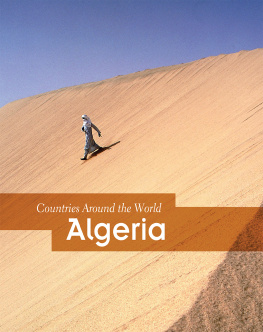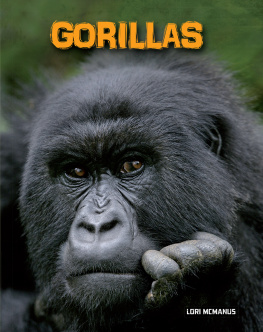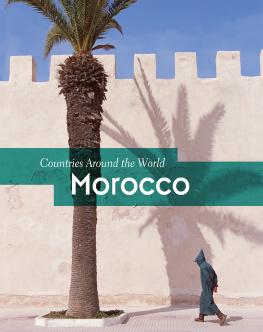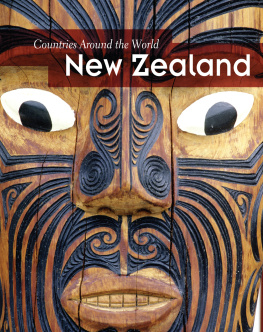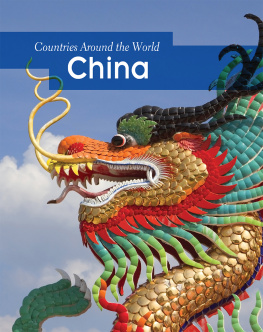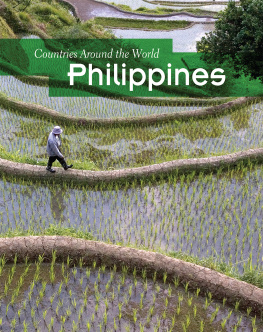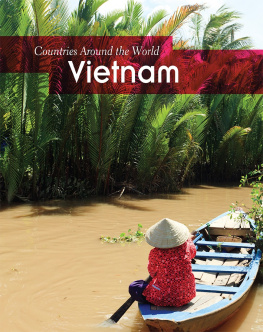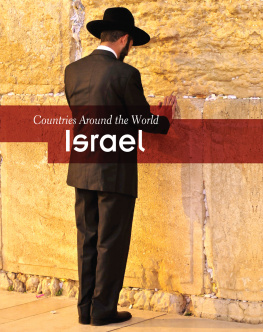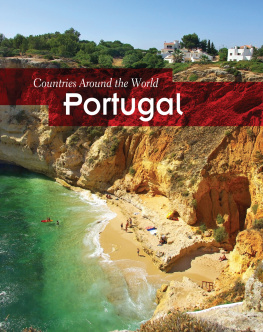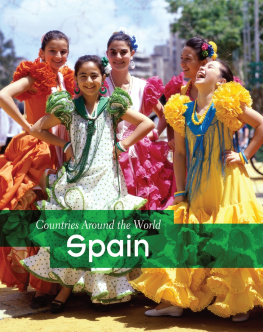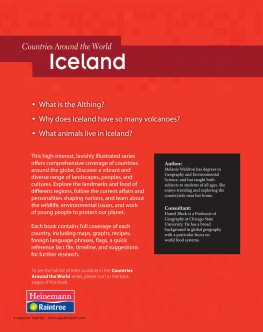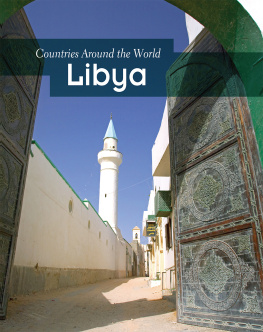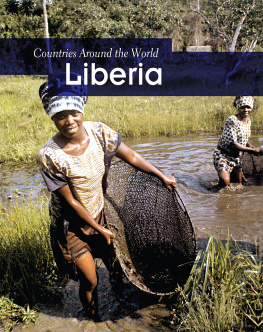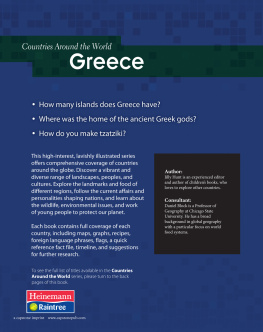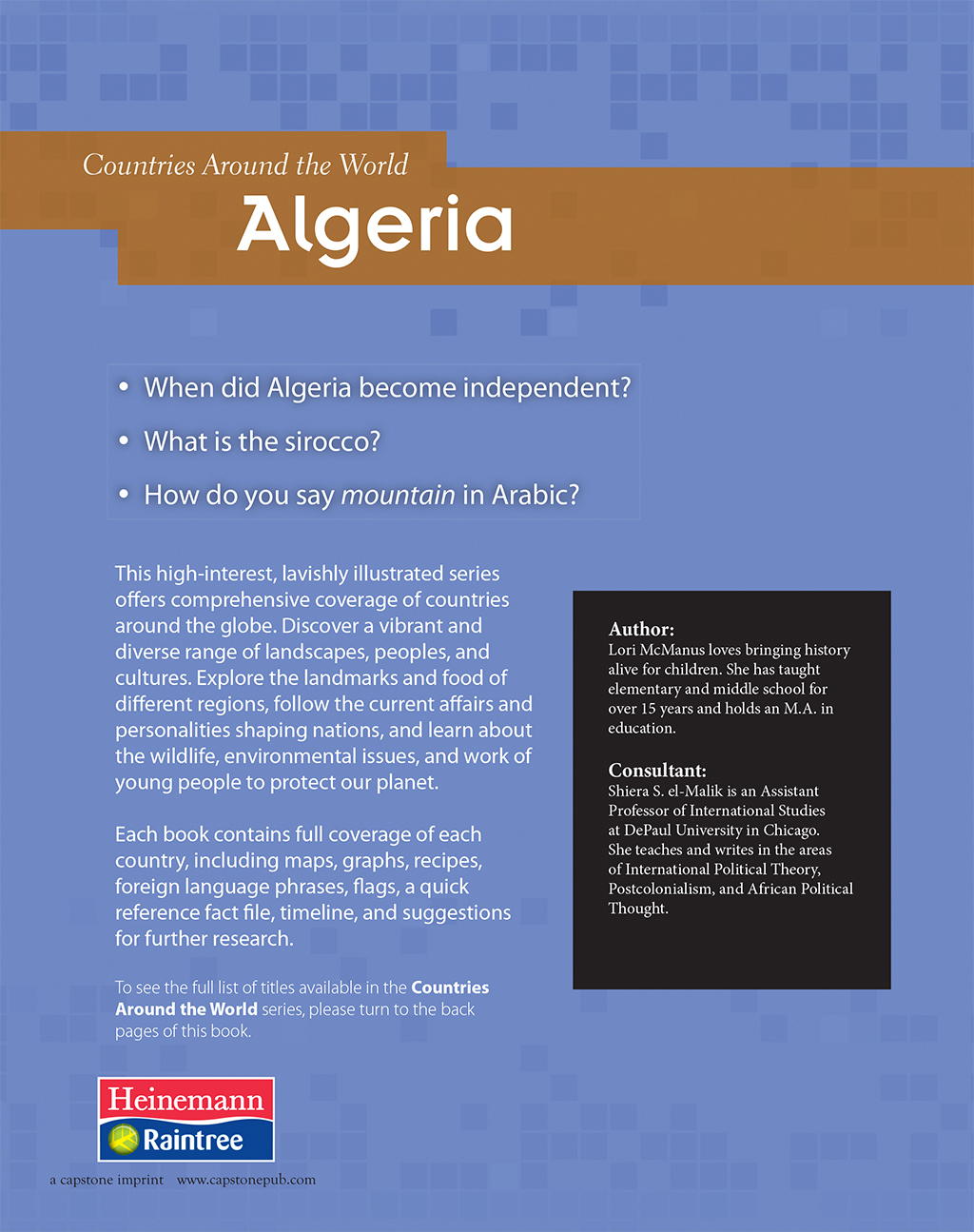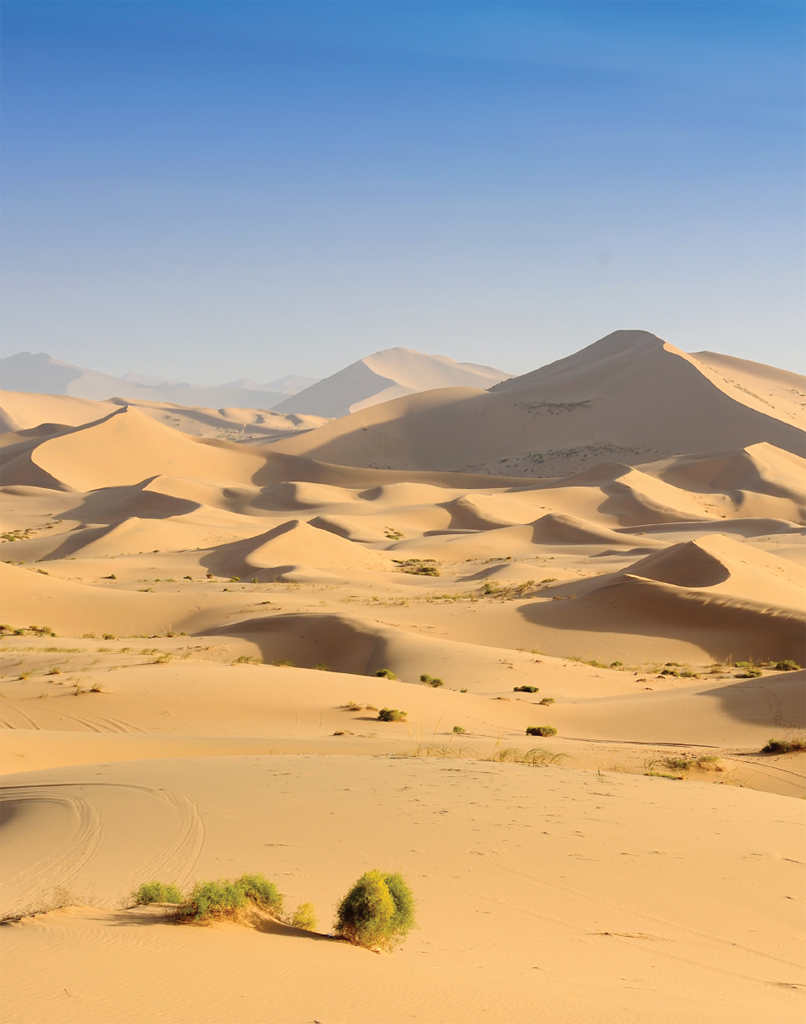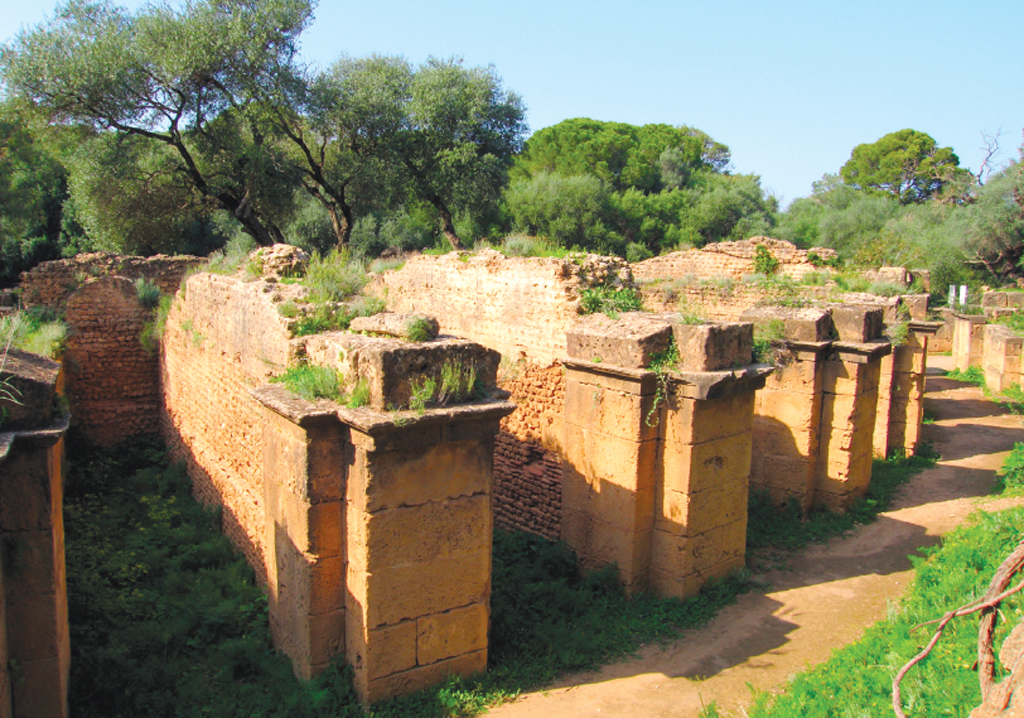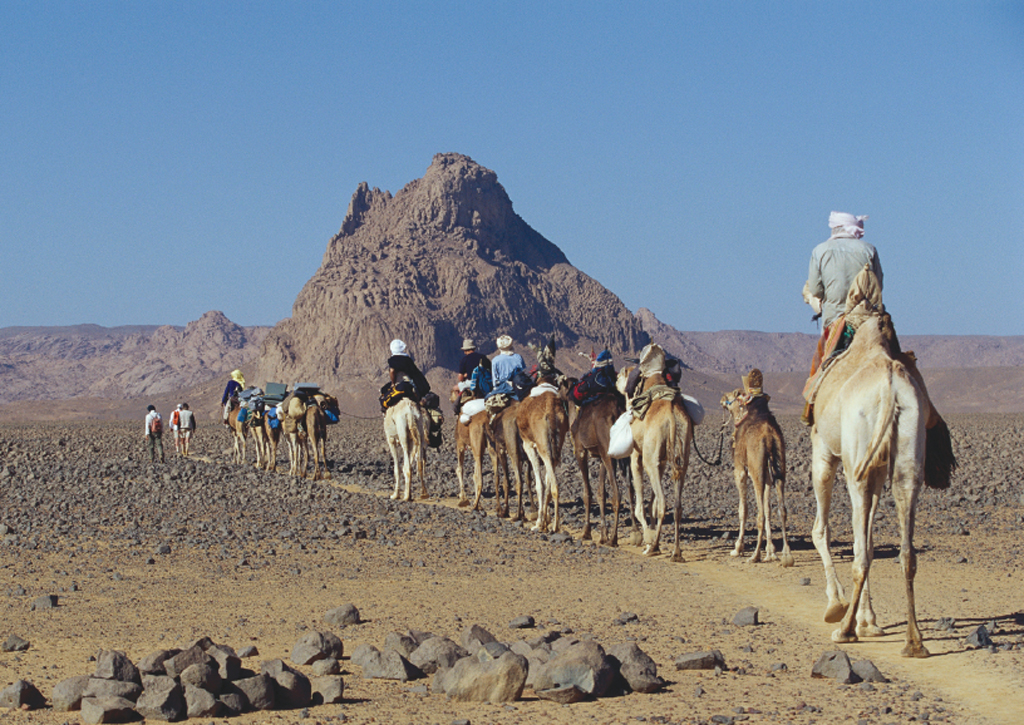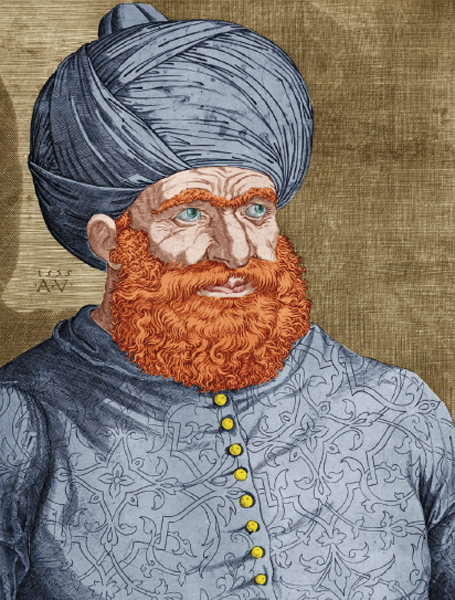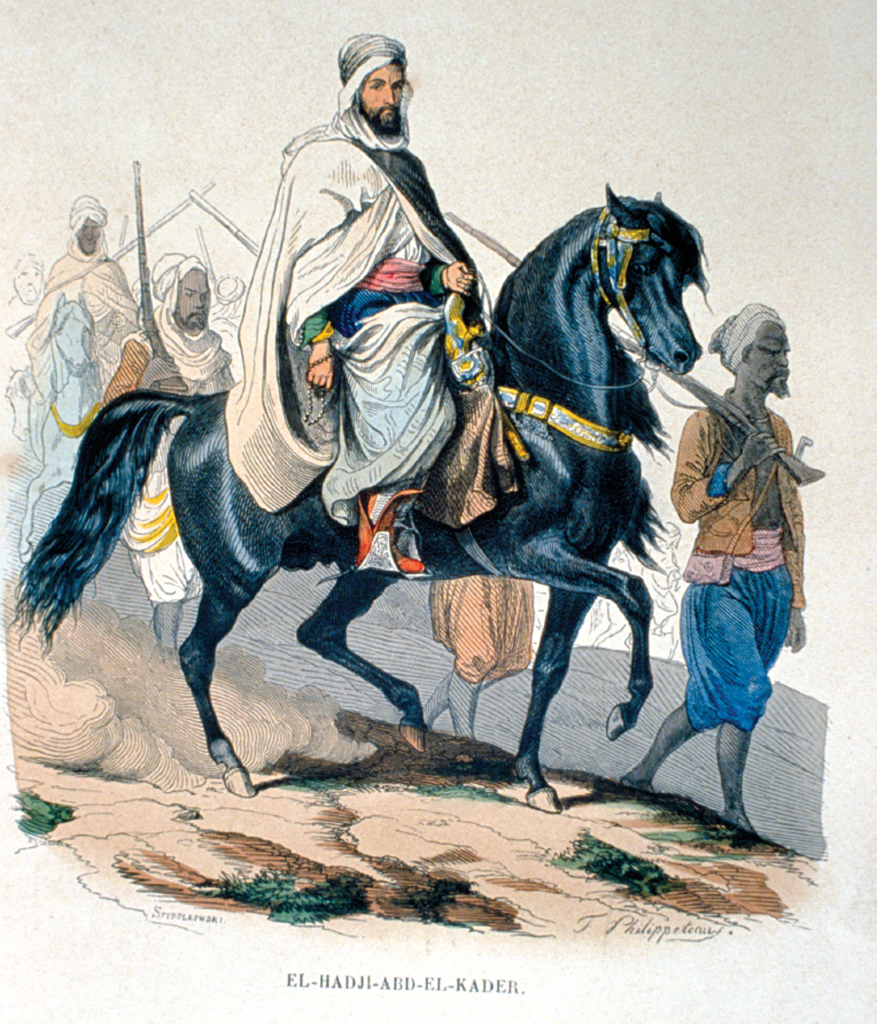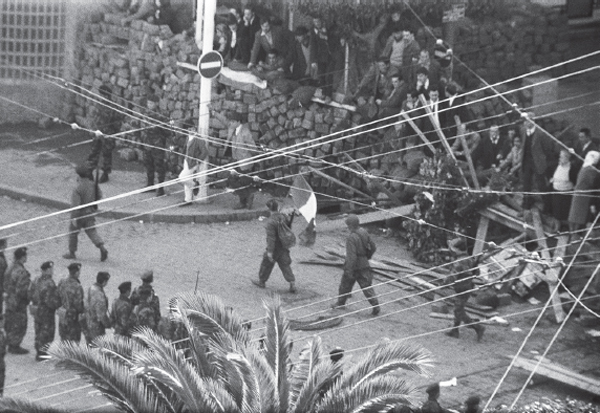Introducing Algeria
Have you read aboutor have you ever seen picturesof Algeria? What do you know aboutthis large African country? If you imagine a vast, hot desert, you are on the righttrack. About four times the size of Spain, Algerias land is over 80 percent desert.The Sahara Desert also covers most of North Africa, including Algerias neighboringcountries.
However, very few Algerians live in the sun-baked desert. Algeria also has a beautifulcoastline where the land meets the Mediterranean Sea. Most Algerians live near thiscoast. Here, farms are abundant and large cities have modern services such as satellitetelevision and access to the Internet.
Although people have lived in the region since ancient times, Algeria was establishedas an independent country just 50 years ago. Since its independence , Algeria hashad problems such as unhealthy water, too few houses, and even civil war. In thissame period of time, the country has made strong progress in providing educationand health care to its people. Algerias government has also become a leader forpeace and trade in North Africa.
In the midst of both problems and growth, Algerias people maintain strong traditions.Family ties are very important. Religious beliefs guide everyday actions as wellas major decisions. Music expresses wise sayings, religious ideas, and strong emotions.With a rich history and deep values, Algerians are proud of their land and heritage .
Recent unrest
Recently, Algeria has experienced unrest in its cities. In early 2011, groups ofangry Algerians gathered to publicly complain about high food prices, lack of freedoms,and dishonesty among leaders. Many Algerians hope the unrest will lead to positivechanges in the government.
It is easy to get lost in Algeria. The Sahara Desert covers much of the country.The Sahara, the world's largest desert, stretches 5,343,790 square miles (8.6 millionsquare kilometers).
History: Struggle for Independence and Peace
Algerias long history is marked by invasions. As a result, its boundaries have changedmany times. Algeria finally gained independence in 1962. For the last 50 years, thecountry has experienced unrest because of conflicts over government and religion.
The original people
The first inhabitants in the region of Algeria were called Berbers . The Berbers wereherders and hunters. Over time, the Sahara Desert expanded over the grassy herdingareas. The Berbers gradually moved north to the mountains and coastal region nearthe Mediterranean Sea.
Ancient conquerors
Around 1100 BCE, the first non-Berber people settled in North Africa. These peoplecame from Phoenicia, an ancient land now known as Lebanon. The Phoenicians subdued the Berbers, taking many of them as slaves. The conquerors built towns along thecoast so they could trade goods with others by way of the sea.
In the 800s BCE, the Algerian region came under the control of Carthage, an ancienttrading city. Many Berbers were trained to fight in the Carthaginian army. Over thenext 600 years, the Berbers sometimes fought for Carthage and sometimes fought foranother empire based in the city of Rome.
Rome defeated Carthage and took over North Africa in 105 BCE. The Romans establishedfarms that produced grains, grapes, beans, and olive oil. The Romans also broughtChristianity to the region. Christianity became the religion of about 30 percentof the people.
The ancient Romans built roads and aqueducts in the lands they invaded. Remains ofthese structures still exist in Algeria.
Some Berbers stayed in the mountain regions of Algeria through the invasions. TheseBerbers preserved a unique, ancient language and culture.
More invasions and the arrival of Islam
Over time, the Roman Empire weakened. The Vandals, a fierce tribe from Germany, invadedRoman-occupied North Africa in 429 CE. Troops from the Byzantine Empire then defeatedthe Vandals in 534 CE.
In the 600s, Arab armies invaded North Africa. The Arabs brought the religion of Islam with them. Over the next 600 years, most Berbers adopted Islam and Arab culture.Berbers and Arabs often married each other. Arabic became the shared language acrossNorth Africa.
The Ottoman Empire
In the early 1500s, Christian troops from Spain captured Algerias coastal cities.The Berber rulers feared that their Islamic way of life would end. They asked forhelp from the Muslim Ottoman Empire. The Ottomans, based in present-day Turkey, pushedthe Spanish Christians out of North Africa.
As a result, Ottoman governors called deys ruled Algeria from the 1500s to the early1800s. The deys allowed the Berber tribes in the mountains to govern themselves.They also allowed North African pirates to attack and demand money from Europeantraders in the Mediterranean Sea. The pirates gave a portion of their money to thedeys.
In 1529 Khayr al-Din led the capture of Algiers for the Ottoman Empire. Europeansnicknamed him "Barbarossa," which means "red beard" in Italian.
Guided by Muslim leader Abd al-Qadir, many Arabs and Berbers fought aggressivelyagainst French control.
French invasion
The pirates reign ended in 1830 when France invaded the city of Algiers. The Frenchthen expanded their power to the mountain areas. In 1848 Algeria officially becamea part of France, and Algerias modern borders were established.
Colonial rule
France encouraged Europeans to move to Algeria. The Europeans received free or low-costland to farm. Often, Muslim families had to move to cities or less fertile land asa result. Under French rule, Muslim Algerians could not serve in the government oreven vote.
Struggle for independence
In 1954 the Algerian National Liberation Front (FLN) started a violent revolt againstthe French government. The French fought back by burning homes and farms. After eightyears of fighting, Algeria declared independence from France on July 5, 1962.
In a demonstration for independence, Algerians confront the French army.
Internal struggles
The new government made decisions that helped a few, but not all, Algerians. ManyAlgerians remained poor. By the mid-1980s, many Algerians were angry with the government. Riots broke out across the country in 1988.
In response, the government allowed more than one political party to take part inelections. The Islamic Salvation Front (FIS) wanted to make Algeria a country ruledby sharia , or laws based on the Muslim holy book, the Koran . To stop this from happening,the military took action.

